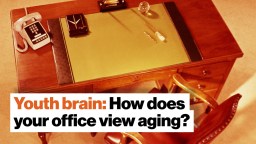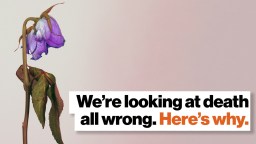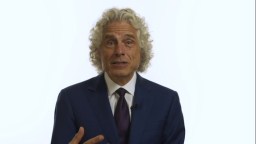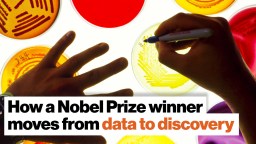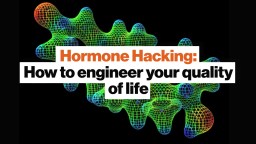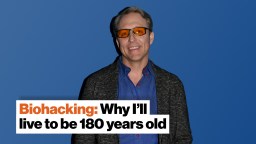human body
Doctors put a human into suspended animation for the first time ever.
A study found alarming changes in the bodies of astronauts aboard the International Space Station.
Thousands of people are experiencing severe pulmonary issues from vaping, and some are dying.
Getting older — see: looking older — is not ideal in the workplace culture of youthfulness.
▸
3 min
—
with
A new study says curiosity and creativity are computational errors.
Ferrets are not humans, but this new drug is showing promise.
As the American loneliness epidemic reaches alarming new heights, one artist theorizes on what connection might look like in the future.
Can a shift in the way we treat death and dying improve our lives while we’re still here?
▸
5 min
—
with
Orgasms don’t always mean a sexual encounter is positive, find psychologists.
Discrimination against people because of their age is a real phenomenon.
Rest assured: Kooky ideas like the Earth being flat or vaccines causing autism are nothing new. Humanity has had worse ideas before.
The processes behind our ability to make decisions are complex, but they’re not miracles.
▸
3 min
—
with
How do you develop the next big idea? You pull together people who are both curious and passionate.
▸
4 min
—
with
Three scientist friends, working separately, share the prestigious prize.
Has misinformation clouded our understanding of the anti-aging power of hormones?
▸
5 min
—
with
Even before publication, health agencies were asking the journal not to publish the research.
Those silky tea bags might be releasing plastics into your digestive system.
A new study shows two potential benefits of undergoing a painful ritual.
Stressed? Work out anyway.
Bill Maher called for fat shaming last week. His argument makes sense.
A group of at least 20 kids in Spain gets a rare illness with historical roots.
Despite acceptance by many insurance companies, a number of studies don’t confirm its effectiveness.
Exercise newbies in their seventies and eighties build muscle at the same rate as master athletes.
A new study challenges international life expectancies.
E-cigarettes might possibly be safer than traditional cigarettes, but they come with their own risks.
From computer hacking to biohacking, Dave Asprey has embarked on a quest to reverse the aging process.
▸
4 min
—
with
You want one. Now you may be able to survive one.
A team of Japanese researchers comes across a remarkably simple trick.




